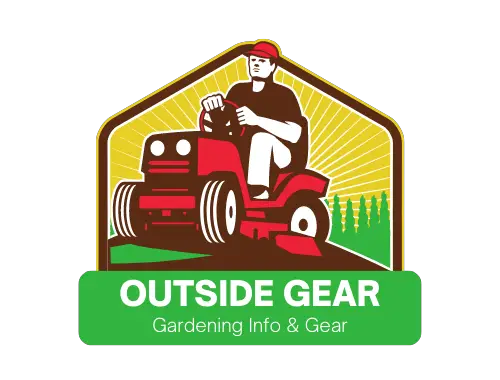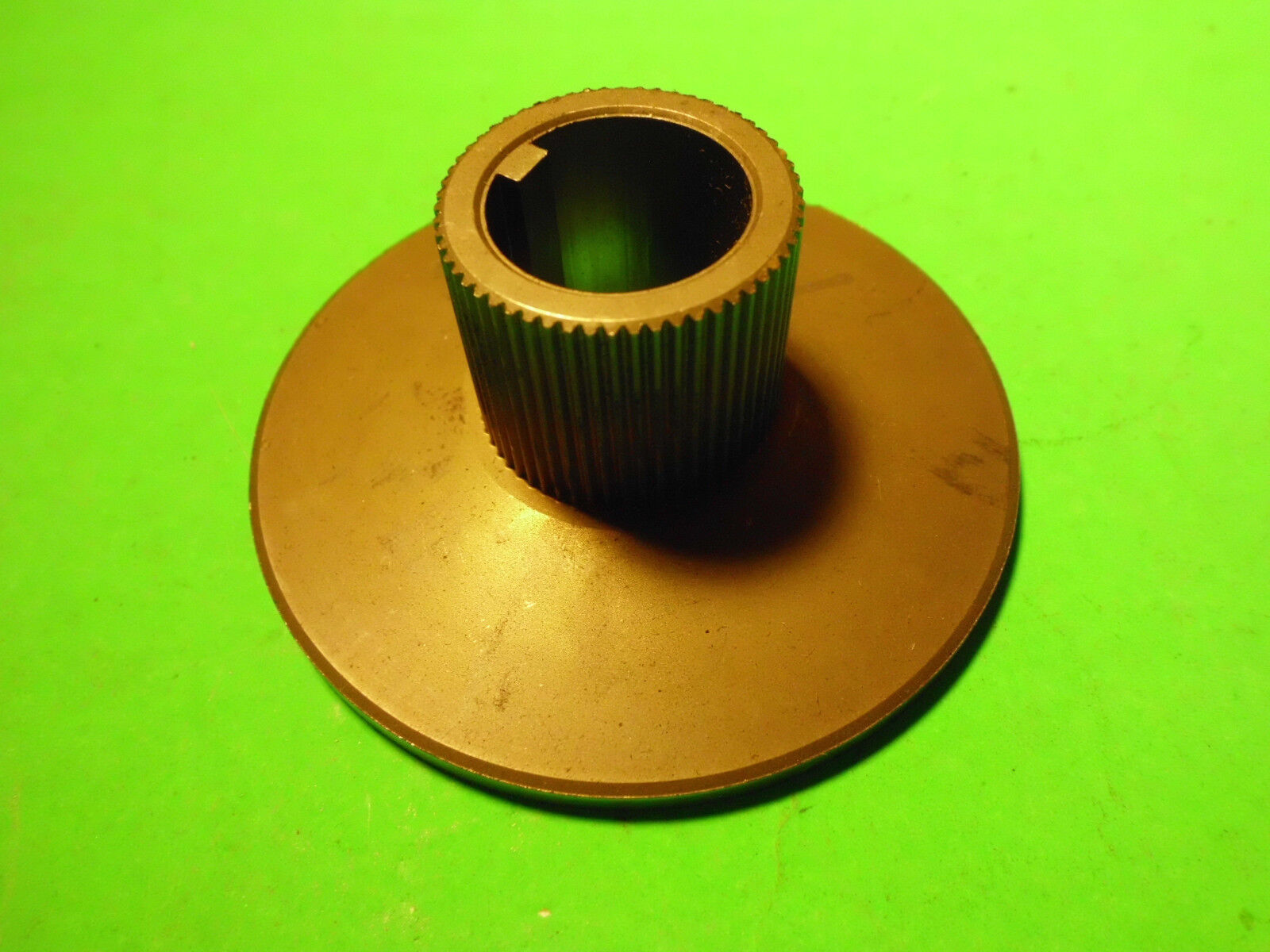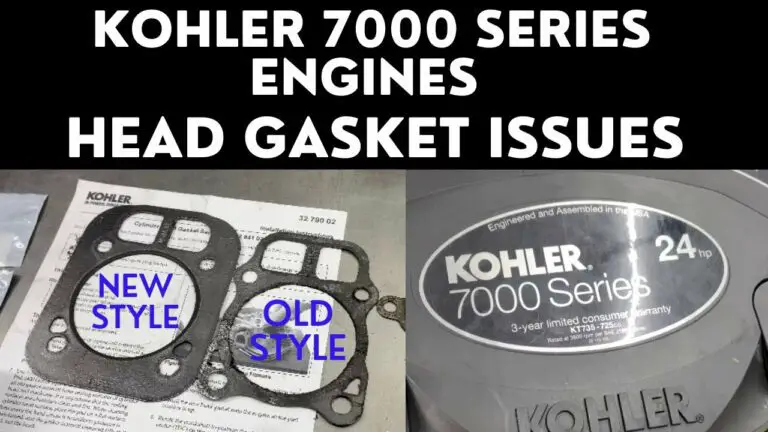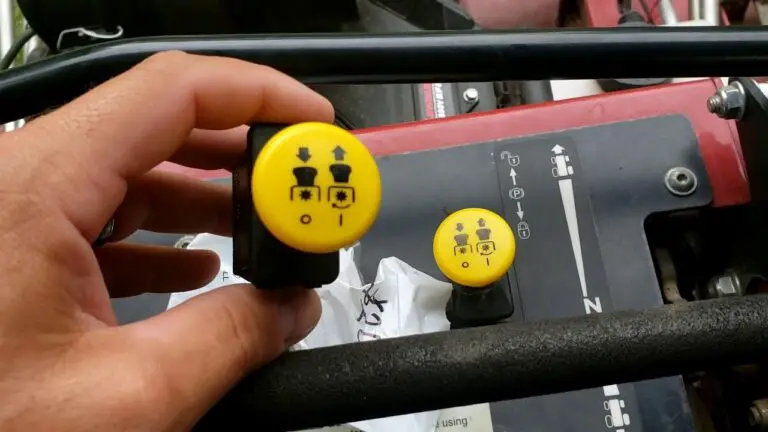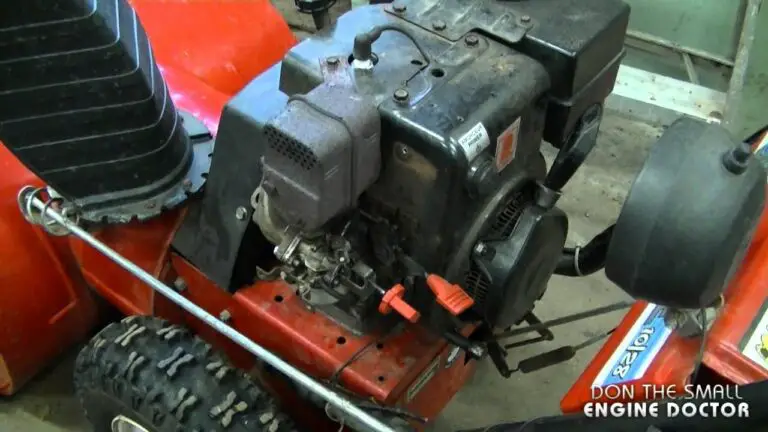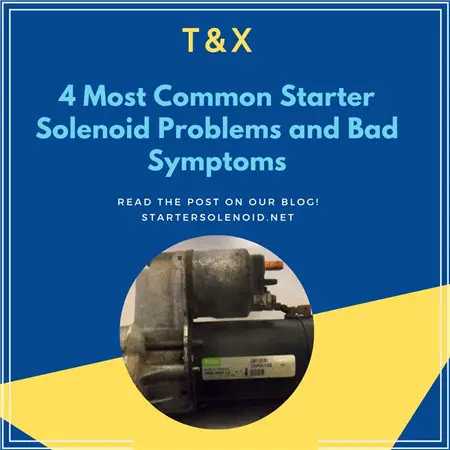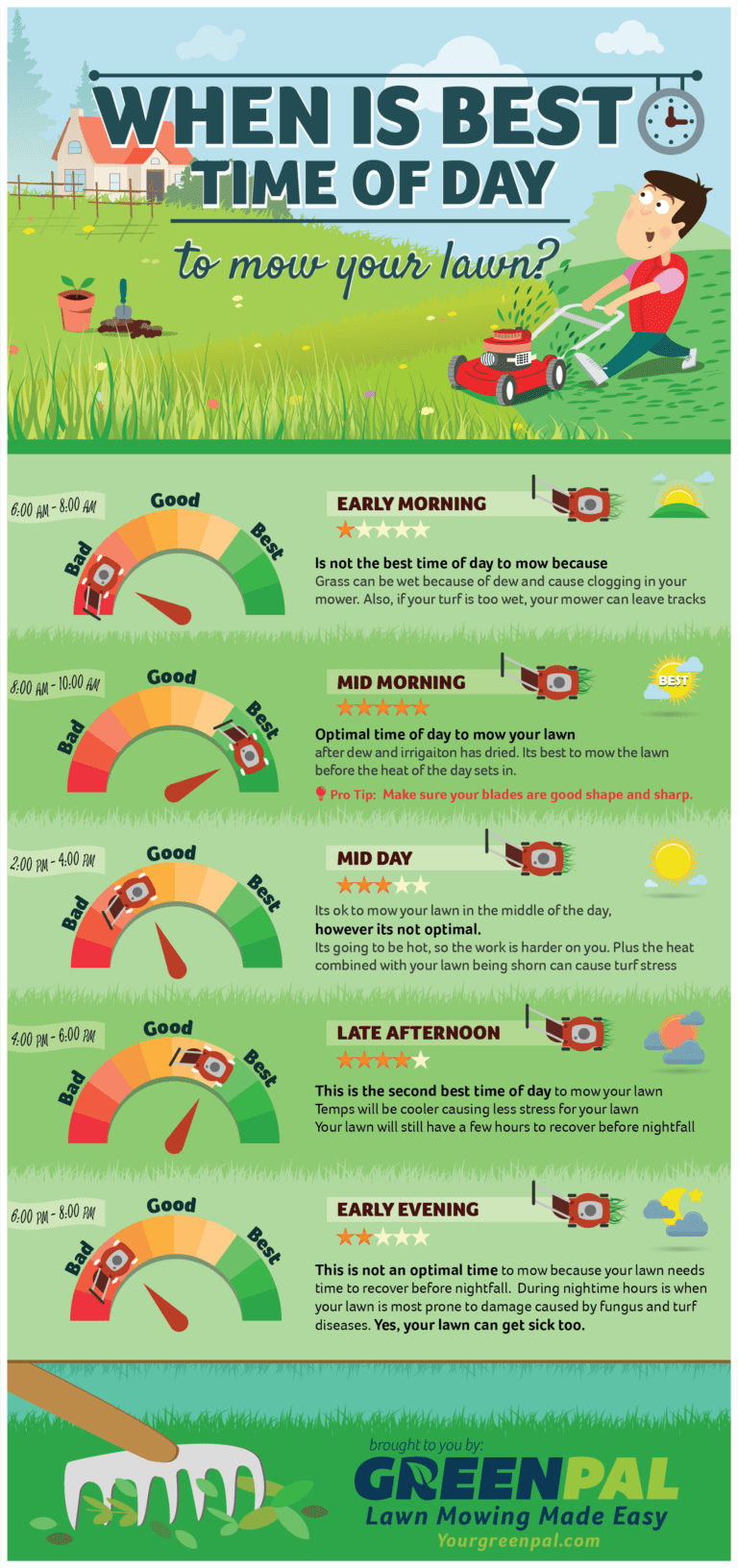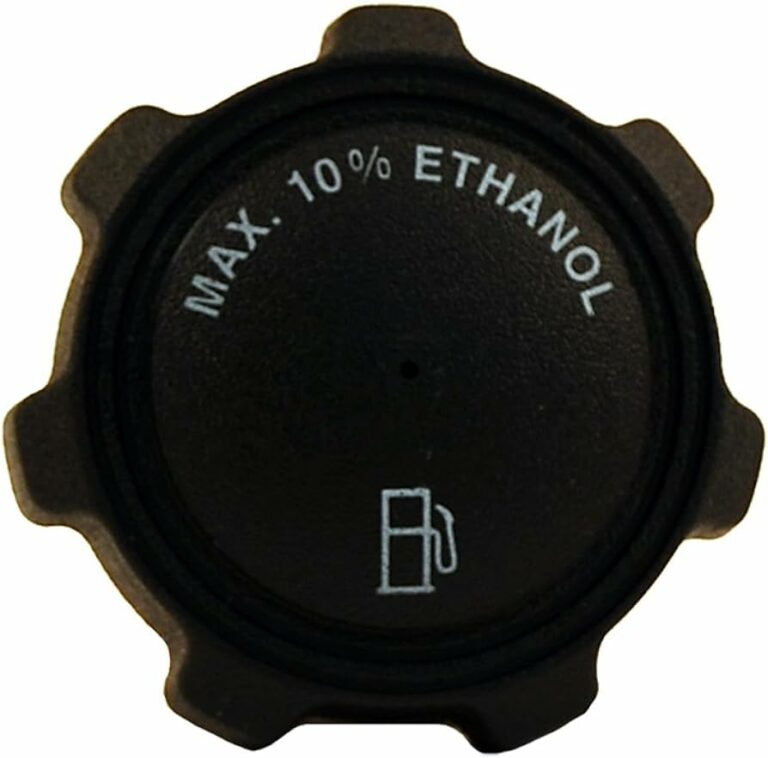Looking to share your expertise in lawn mower repair? Write For Lawnmowerfixed, the hub for lawn equipment solutions in Austin, Texas, is the place to showcase your knowledge!
With a focus on user-friendly and practical tips, we welcome your insightful content to help users troubleshoot and maintain their lawnmowers. Whether it’s fixing a seized engine or providing maintenance advice, your contributions will find a home here. Our platform prides itself on clear, straightforward solutions without the need for specialized tools, making it accessible to all.
So, come on board and elevate our community’s lawn care knowledge with your expertise!
Fixing A Lawnmower Engine
When experiencing issues with your lawnmower’s engine, it’s essential to understand how to identify and fix the problem. Proper maintenance and quick repairs can help keep your lawnmower running smoothly for years to come. In this blog post, we’ll take a look at the steps involved in fixing a lawnmower engine, from identifying the issue to disassembling the engine and repairing its components.
Identifying The Issue
Before fixing a lawnmower engine, start by identifying the issue. This could be anything from a lack of power, rough idling, or difficulty starting the engine. Check for potential causes such as clogged air filters, spark plug issues, or fuel system problems.
Disassembling The Engine
Once you’ve identified the issue, the next step is to disassemble the engine. Begin by draining the oil and removing the spark plug, carburetor, and other components to gain access to the internal parts. Use caution and refer to the manufacturer’s manual for proper disassembly procedures.
Repairing The Engine Components
After disassembling the engine, carefully inspect the components for damage or wear. Repair or replace damaged parts such as the piston, piston ring, valves, or gaskets as needed. Ensure that all components are reassembled correctly and that the engine is properly lubricated before testing.

Credit: s.click.aliexpress.com
Types Of Lawnmower Engines
When it comes to lawnmowers, there are various types of engines that power these essential outdoor tools. Each type of engine has its own unique features and benefits, catering to different user preferences and needs. Let’s delve into the different categories of lawnmower engines and explore the distinct advantages they offer.
Gas-powered Engines
Gas-powered engines, often fueled by gasoline, are commonly found in traditional lawnmowers. These engines are known for their robust performance, making them suitable for larger lawns and tougher, dense grass. With their high power output, gas-powered lawnmowers can efficiently tackle challenging mowing tasks while providing a wide cutting swath for enhanced productivity.
Electric-powered Engines
Electric-powered engines are gaining popularity due to their eco-friendly nature and ease of use. These engines can be powered by batteries or plugged into an electrical outlet, offering a quieter operation and zero emissions. Electric lawnmowers are typically lightweight, making them maneuverable and suitable for smaller lawns. Additionally, they require minimal maintenance compared to gas-powered counterparts.
Manual-powered Engines
Manual-powered engines, also known as push reel mowers, operate purely on human energy. These eco-conscious mowers are ideal for smaller lawns and provide a quiet, emission-free mowing experience. While manual mowers require physical exertion, they offer precise cutting and contribute to a healthier lawn by gently trimming grass blades.
Common Lawnmower Problems
Lawnmowers can encounter various issues that affect their performance. Here are some common problems you may encounter:
Low Compression
Low compression in a lawnmower engine can lead to difficulties starting or loss of power.
Carburetor Issues
Carburetor problems can cause poor engine performance, including rough idling or stalling.
Blade Maintenance
Regular blade maintenance is essential for a clean and efficient cut of your grass.
Diy Repairs Vs. Professional Services
Learn the pros and cons of DIY repairs versus hiring professional services for Lawmowerfixed. While DIY can save money, professional services offer expertise and efficiency in fixing lawnmower issues. Consider your skill level and time constraints before deciding on the best approach for your lawnmower maintenance.
When To Attempt Diy Repairs
Before deciding whether to attempt DIY repairs on your lawnmower or hire a professional, it’s important to assess the level of complexity involved in the repairs. Simple repairs such as blade replacement or spark plug cleaning can often be done easily by homeowners with basic mechanical skills.
However, when it comes to more complex repairs like engine rebuilds or electrical system troubleshooting, it’s best to leave it to the professionals. Attempting these repairs without the necessary expertise can lead to further damage and costly mistakes.
Here are a few factors to consider when deciding whether to attempt DIY repairs:
- The complexity of the repair
- Your mechanical skills and experience
- The availability of tools and equipment
- The potential cost savings
Benefits Of Professional Maintenance
While DIY repairs may seem cost-effective, there are several benefits to hiring a professional lawnmower service for maintenance and repairs:
- Expertise and experience: Professional technicians have the knowledge and experience to diagnose and fix a wide range of lawnmower issues efficiently.
- Time-saving: Professionals can quickly identify and fix the problem, saving you time and effort.
- Guaranteed results: Professional services often provide warranties for their work, giving you peace of mind knowing that the repairs are done correctly.
- Access to specialized tools and equipment: Professionals have access to high-quality tools and equipment specifically designed for lawnmower repairs, ensuring accurate and efficient services.
Remember, regular maintenance by professionals can also help prevent major breakdowns and extend the lifespan of your lawnmower.
Cost Comparison
Now, let’s compare the costs involved in DIY repairs versus professional maintenance:
| DIY Repairs | Professional Maintenance |
|---|---|
| Lower upfront cost | Higher upfront cost |
| Potential for additional costs if mistakes are made | No additional costs for warranty-covered repairs |
| May require purchasing specialized tools and equipment | Technicians bring their own tools and equipment |
| Time-consuming | Quick and efficient service |
While DIY repairs may seem cheaper upfront, the potential for additional costs and mistakes can quickly add up. Hiring a professional not only ensures quality results but also saves you time and money in the long run.
When it comes to lawnmower repairs and maintenance, it’s important to weigh the complexity of the repairs, your skills and experience, and the potential cost savings against the benefits of professional services. Making an informed decision will help you keep your lawnmower in optimal condition and ensure its longevity.
Preventative Maintenance Tips
Proper maintenance is essential to keep your lawnmower running smoothly and efficiently. By following a regular preventative maintenance routine, you can ensure that your lawnmower remains in excellent condition and provides you with years of reliable service. In this article, we will discuss several important tips for preventative maintenance to keep your lawnmower performing at its best.
Choosing The Right Parts
When it comes to maintaining your lawnmower, choosing the right parts is crucial. Using genuine OEM (Original Equipment Manufacturer) parts ensures compatibility and optimal performance. OEM parts are specifically designed for your lawnmower and are manufactured to the highest quality standards, providing a perfect fit and maximum durability. Additionally, OEM parts come with a warranty, giving you peace of mind and assurance that you are investing in the long-term health of your lawnmower.
Cleaning And Storage Practices
Proper cleaning and storage practices play a significant role in extending the lifespan of your lawnmower. After each use, it is important to clean the grass clippings, dirt, and debris from the mower deck, blades, and other components. A buildup of debris can impede the mower’s performance and cause unnecessary wear and tear. Furthermore, it is recommended to store your lawnmower in a clean, dry, and well-ventilated area, preferably protected from extreme temperatures and moisture. This will prevent rusting and ensure that your lawnmower is ready for the next mowing season.
Regular Inspection Routine
An essential aspect of preventative maintenance is conducting regular inspections of your lawnmower. Regular inspections allow you to identify any potential issues or signs of wear and address them promptly, preventing more significant problems down the line. During your inspection routine, pay attention to the blades, belts, filters, spark plugs, and other critical components. Replace any worn or damaged parts immediately to avoid further damage and maintain optimal performance.
In conclusion, following these preventative maintenance tips will help you keep your lawnmower in top shape and ensure that it continues to perform at its best for years to come. Remember to choose the right parts, clean and store your lawnmower properly, and conduct regular inspections. By investing a little time and effort in preventative maintenance, you can enjoy a well-maintained lawnmower and a beautifully manicured lawn.

Credit: www.pinterest.com

Credit: www.pinterest.ie
Frequently Asked Questions On Write For Lawnmowerfixed
Can A Seized Lawn Mower Engine Be Fixed?
A seized lawn mower engine can be fixed by a complete disassembly to determine the problem. It may need engine rebuild skills to ascertain the issue. Seized engines are often a result of lack of oil, possibly leading to a ruined engine.
How Do You Fix Low Compression On A Small Engine?
To fix low compression on a small engine, replace the leaking part, such as the piston or valves. This is the only solution for low compression.
How Many Years Do You Depreciate A Lawn Mower?
Depreciate a lawn mower over 5 years for tax purposes.
Conclusion
Discover the simplicity of fixing your lawnmower with Lawnmowerfixed’s expert guidance and solutions. Whether it’s a seized engine or carburetor issues, find the answers you need for effortless lawn care. Trust in Lawnmowerfixed for all your lawnmower repair needs. Start fixing and tuning with confidence today!
